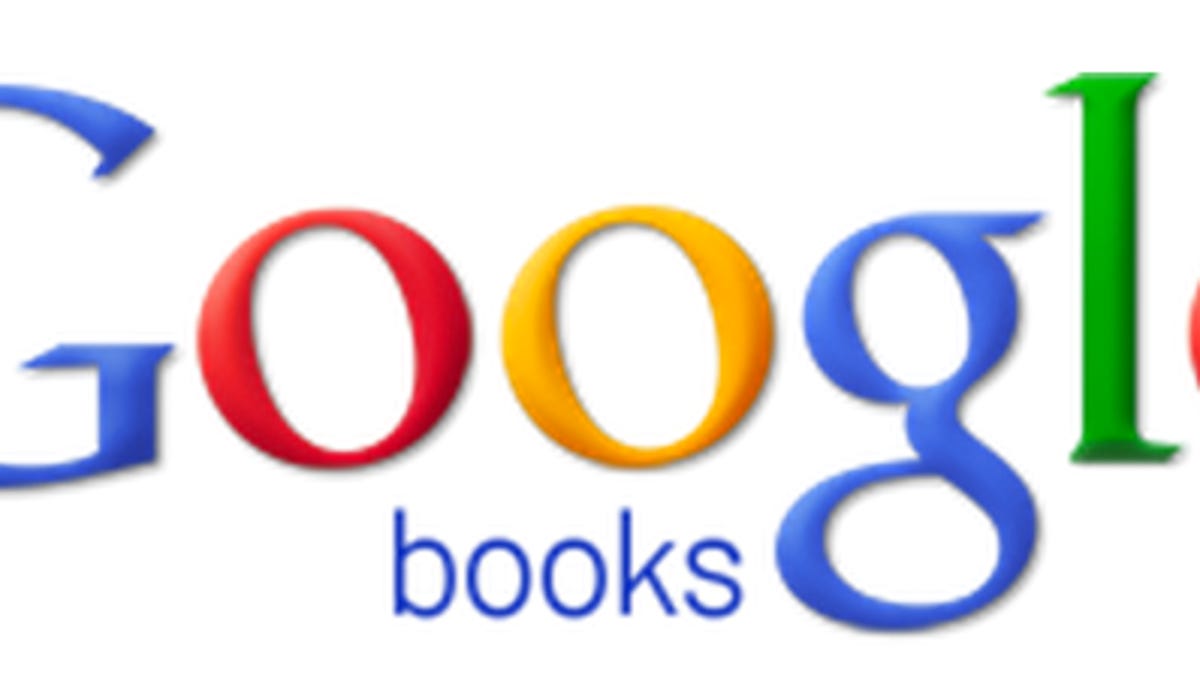Judge dismisses authors' case against Google Books
The finding is a major victory for Google and its efforts to show book excerpts in search results. The judge said of the project, "all society benefits."

A federal judge has dismissed a copyright infringement lawsuit that an author group brought against Google, concluding that books are like Web pages when it comes to indexing them and displaying small excerpts in search results.
The Google Books project has indexed millions of books, digitizing them without copyright holders' permission, and the Authors Guild sued over the fact. But U.S. Circuit Judge Denny Chin in New York rejected that argument, granting on Thursday Google's motion for summary judgment.
See below for a copy of the full opinion.
He agreed with Google's assertion that showing "snippets" of book content in search results constitutes fair use -- a doctrine that permits one party to use anothers' copyrighted works even without permission. One example of fair use include showing a movie excerpt in a review.
Chin's opinion offered a strong endorsement of the Google Books project:
In my view, Google Books provides significant public benefits. It advances the progress of the arts and sciences, while maintaining respectful consideration for the rights of authors and other creative individuals, and without adversely impacting the rights of copyright holders. It has become an invaluable research tool that permits students, teachers, librarians, and others to more efficiently identify and locate books. It has given scholars the ability, for the first time, to conduct full-text searches of tens of millions of books. It preserves books, in particular out-of-print and old books that have been forgotten in the bowels of libraries, and it gives them new life. It facilitates access to books for print-disabled and remote or underserved populations. It generates new audiences and creates new sources of income for authors and publishers. Indeed, all society benefits.
The decision, though not unexpected, is a notable reversal from earlier moments in the Google case.
That chapter came with the rejection of a proposed settlement from Google, the Authors Guild, and another party that sued, the Association of American Publishers. That settlement went far beyond what Google initially wanted to do with the books by establishing a mechanism to sidestep legal complications surrounding so-called "orphan works" -- works whose copyright holders are unknown or unlocated.
The settlement would have provided a way for Google to sell copies of those works. A portion of the revenue going to a Book Rights Registry that authors operated to track copyright holders and make payments in the event that orphan works rights holders were located. The judge rejected that settlement, though.

